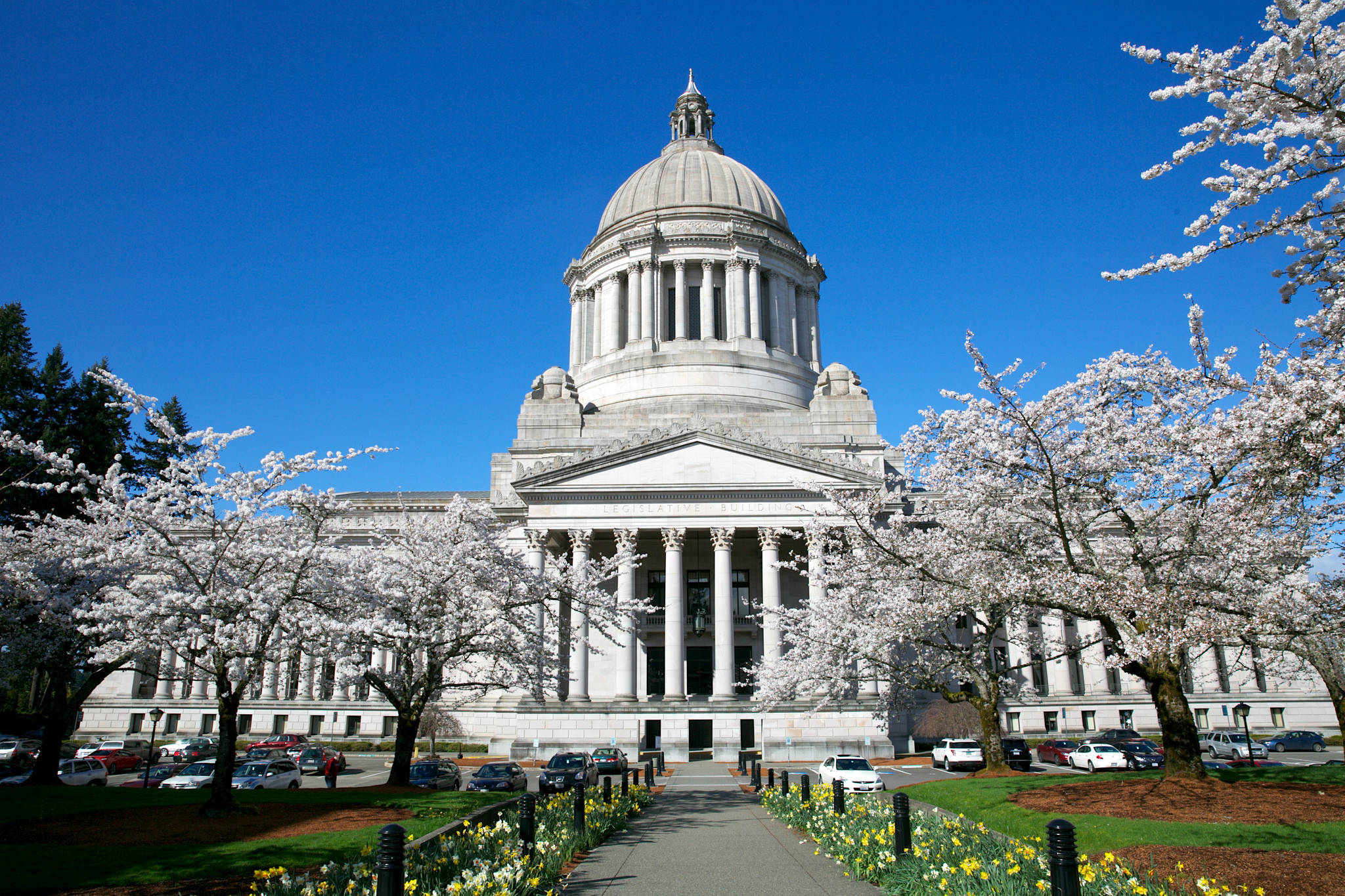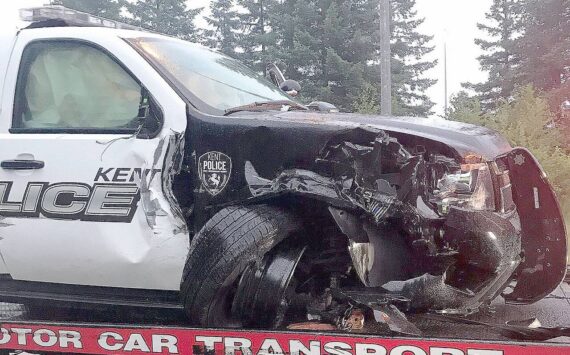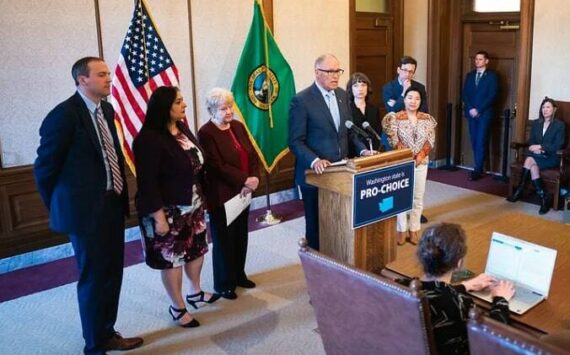OLYMPIA — Lawmakers begin a special session Monday with a to-do list of greater length than one might think.
Certainly writing a new two-year state budget is the top task. And it must contain enough money for public schools to satisfy mandates of the state Supreme Court in the McCleary case.
For that reason, the only people expected to be on hand Monday are those involved in conversations and negotiations related to the budget.
But the session can last up to 30 days. In that time, lawmakers are expected to pursue several other policy matters left unfinished in the regular session.
Here’s a snapshot of some of those expected to get the most attention.
Hirst decision: After McCleary, this may be the most difficult policy question for lawmakers to answer.
A state Supreme Court ruling in October put the onus on counties to determine whether water is legally available in certain rural areas before they issue building permits. Following the decision, some counties temporarily halted certain rural development, while others changed criteria for obtaining a building permit. Landowners around the state fear they will be unable to develop their property because there won’t be water.
The Senate passed what supporters deemed a legislative fix by ensuring permit-exempt wells could be used for development. But the House did not act on it. The Democratic majority in the House didn’t advance any bills. House and Senate members say they want to negotiate but cannot get the other side to sit down with them.
Internet privacy: This issue arrived with a bipartisan fury late in the regular session after Congress repealed federal rules barring internet providers from selling information about customers browsing history to other parties.
On April 19, the House voted 87-10 for a bill to require any company providing internet service in Washington to get the consent of their customers before selling any information about their personal browsing history. It makes clear customers must “opt-in” and firms cannot condition or refuse service to those customers who don’t allow the sale of that information.
The Senate did not act on it as of Friday which was the last day of legislative activity of the regular session. There’s a lot of interest as 35 of the 49 senators signed onto a bill similar in purpose as the House legislation. Senate Majority Leader Mark Schoesler, R-Ritzville, had expressed reluctance to take up the issue in the final days of the session but did not rule out possible action in special session.
Sound Transit boundary fix: What seemed a simple and noncontroversial bill to fix a unique problem did not make it through the legislative process in regulation. House Bill 1958 would resolve a dilemma faced by Snohomish County homeowners who didn’t get to vote on Sound Transit’s expansion plan last fall yet are getting taxed to help pay for it.
The bill would bar Sound Transit from imposing a property tax on anything less than a whole parcel of property. It would be retroactive to Nov. 1 to ensure owners of parcels in Snohomish County that are partly inside and partly outside the Sound Transit boundaries won’t have to pay the transit agency’s new property tax.
It passed 97-0 in the House but did not get acted on in the Senate.
Car tab fury: A surge in the cost of car tab fees in the Sound Transit taxing district ignited a political firestorm and resulted in the House and Senate passing competing measures to lessen the financial pain.
Republican senators pushed through a bill to cut the motor vehicle excise tax rate imposed by Sound Transit from 1.1 percent to 0.5 percent. And, it requires Sound Transit to use data from Kelley Blue Book or National Auto Dealers Association to determine a vehicle’s value rather than a 1990s depreciation schedule known to overvalue vehicles.
The House passed a milder measure requiring the regional transit authority stop using the older schedule in calculating its excise tax and switch to one adopted by lawmakers in 2006. It would give vehicle owners a credit equal to the difference in the amounts owed under the older and newer depreciation schedules.
OSPI powers: As the regular session wound down, the House and Senate continued to disagree on a bill examining the overlap of authority between the Office of the Superintendent of Public Instruction and the state Board of Education.
The version of the bill passed by the House created a task force, with legislators among the members, to examine the responsibilities of the two entities. Where there may be overlap, it would recommend changes. Senators rewrote it to direct the state schools chief and the head of the board of education to figure it out on their own and report back to the Legislature in November.
Even if the bill lapses, the issue will survive because House Democrats included funding for the task force in their budget.
Use of deadly force: Neither the House nor Senate acted on legislation to rewrite a state law that makes it extremely difficult for prosecutors to charge an officer with a crime after an incident in which they wrongfully kill someone. But sponsors of the bills in each chamber said Friday they are not done trying to revise the law on use of deadly force by law enforcement officers.
Sen. David Frockt, D-Seattle, and Rep. Roger Goodman, D-Kirkland, said Friday they’ve drafted language for what they hope is a compromise bill. They are circulating the language to representatives of law enforcement and community organizations which have been at-odds on this issue for months. If legislators don’t make a change, this matter could become the subject of a ballot measure in 2018.
Jerry Cornfield: 360-352-8623; jcornfield@heraldnet.com. Twitter: @dospueblos.









